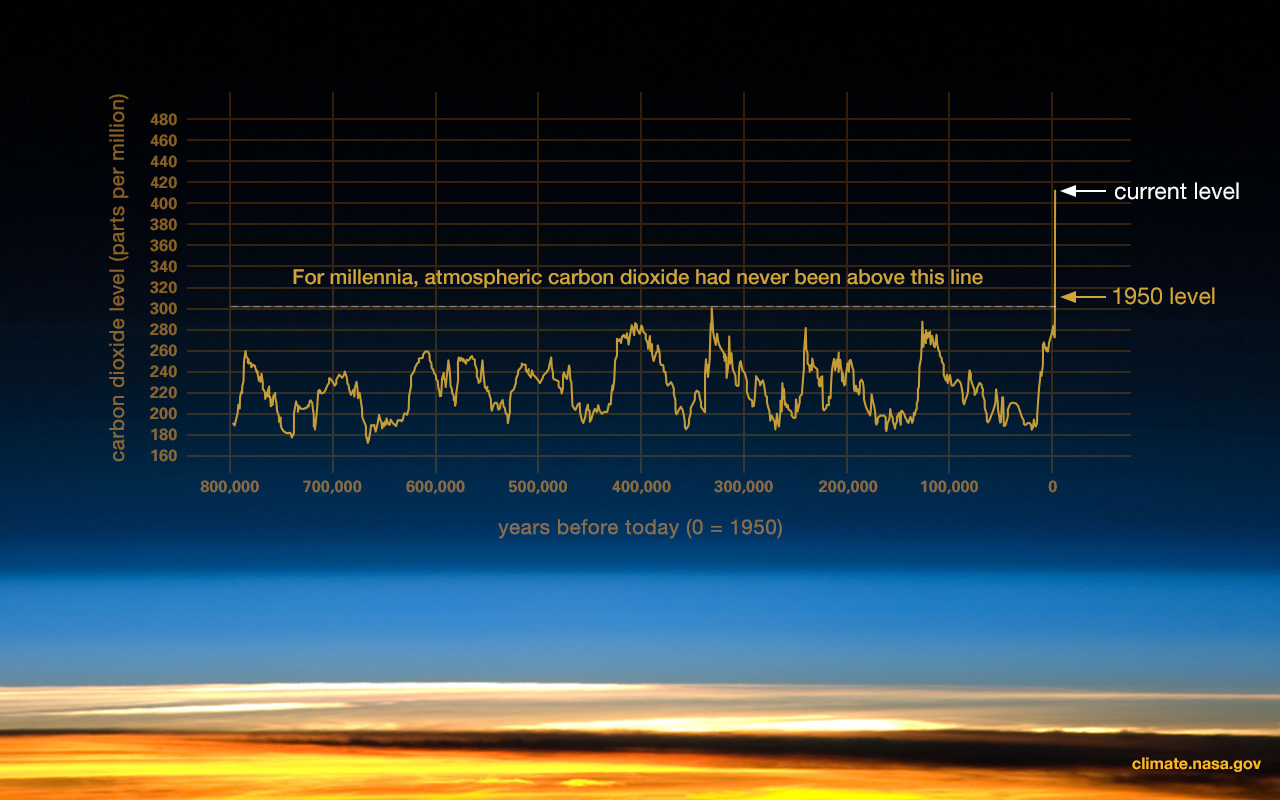Global warming: it’s real
January 22, 2020
OUR VIEW:
An entire continent has been on fire since September 2019, yet there are still people who deny climate change is a reality. Last year, one of Texas’s largest cities was drowned and caused millions of dollars in damages after two 100-year hurricanes hit Houston back-to-back. It’s tiresome to rehash facts and statistics to people who choose to be ignorant on this topic, yet it’s important now more than ever to take a stand and stop allowing people to entertain the idea that climate change isn’t happening.
Water is literally creeping into people’s backyards who live on the coast, we saw what happened to Houston with Hurricane Harvey in 2018 where more than 80 million people were affected and are still being affected to date and an entire continent has been on fire for the entirety of winter break. These facts can’t be ignored or rebutted; individuals who choose to deny science and the factuality of this major issue with the world are the reason that steps toward resolution for climate change are slowed. This world was around before humans, and humans should not be the cause of its demise in the blip that we’ve been on it.
Still don’t think climate change is real? Here’s some evidence:
- Since the late 19th Century, the average temperature of the Earth has risen by 1.62 degrees Fahrenheit (0.9 degrees Celsius) which is a change driven mostly from an increase in carbon monoxide and other human-made emissions entering the atmosphere.
- The year 2016 was the warmest on record with 8/12 months (January-September, excluding June) having record-high temperatures as well.
- Greenland lost an average of 286 billion tons of ice per year between the years 1993-2016 while Antarctica lost 127 billion tons of ice per year within the same timeframe.
- Glaciers are diminishing greatly everywhere around the world.
- The amount of spring snow-cover has decreased in the Northern Hemisphere over the last 50 years.
- The number of record-high temperatures is at a constant increase while the number of record-low temperatures has decreased since 1950 in the U.S. with an increased ammount of intense rainfall.
- Ocean acidification has risen 30% since the industrial revolution, and the amount of carbon monoxide absorption by the upper layer of the oceans is increasing by about 2 billion tons per year.
- The global sea level has risen 8 inches in the last century.
The biggest claim against climate change is that the world has always changed. Opponents claim climates change all the time. While weather patterns change from year to year, the climate is a more fixed average, and the reality is that Earth will continue to reach climate-tipping points. We believe electing officials who are educated in this matter will indubitably help this issue the world is facing, and individuals should educate themselves on what they can do to help this matter.
The solution for decreasing the advancement of global warming is to reduce the amount of fossil fuels we are burning and the rate we burn them at. If we don’t do our part in decreasing our carbon footprint, we are to expect more climate catastrophes throughout the 21st Century such as the Australian wildfires and Hurricane Harvey. If our leaders and activists don’t continue the efforts to reduce the rate of emissions entering the atmosphere, it will be difficult to undo or recover from said catastrophes if we don’t start changing the way we live our everyday lives.
Young people have always been a driver for change despite stigmas, and while there will always be punk kids who give generations a bad rap by eating Tide Pods, there will also be 15-year-old activists named Time’s Person of the Year for taking charge and leading a movement in making climate change credible. Students, staff and faculty fought on campus to have recycling returned after administration members reported little to no interaction. To show that we care about the environment and what happens globally, not just on this campus, we have to be more invested and active in the news, what’s going on around us and how we live.

